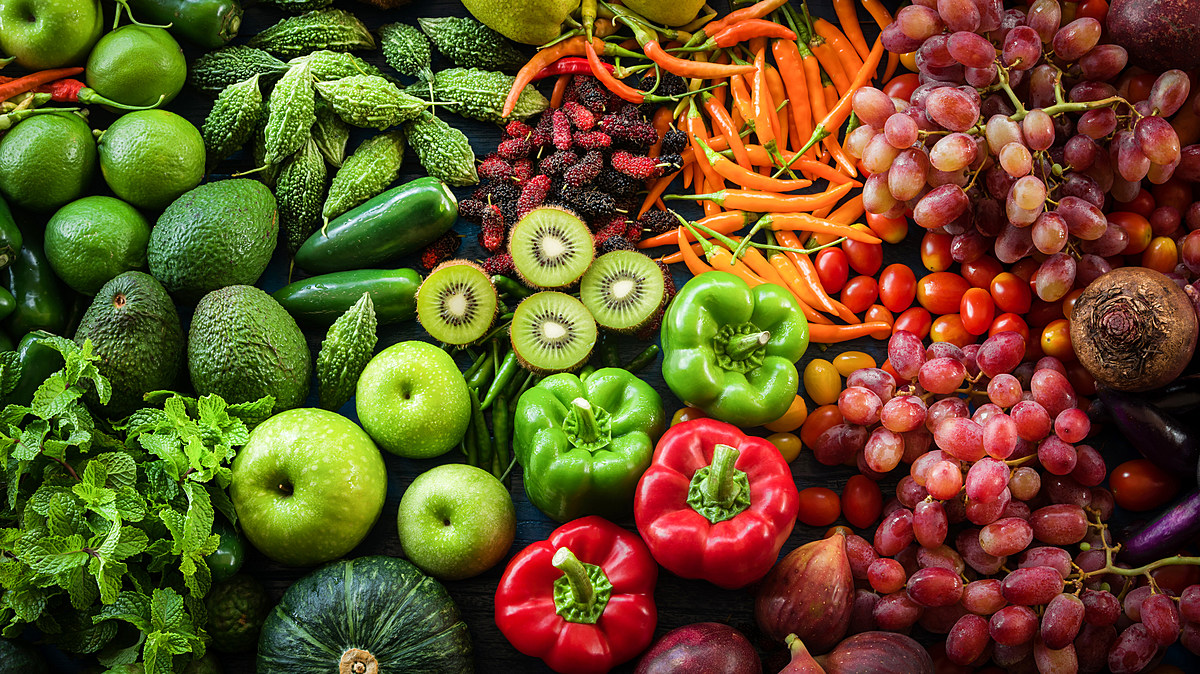[ad_1]
GALLOWAY – Food insecurity affects at least 1 in 5 children in New Jersey, not to mention countless families and communities at large. A woman leads Stockton University’s efforts to find common ground among the many local organizations that serve these people across the state.
Jeanine Cava launched the NJ Food Democracy Collaborative last June when COVID-19 highlighted the urgent need for better food justice in the Garden State – which, despite its name, doesn’t always make the freshest food readily available, Cava said.
“Even if a market is right in a neighborhood that doesn’t have a lot of fresh food, all these people – do these people feel welcome there?” She said.
Some local markets do not accept Supplemental Nutrition Assistance Program (SNAP) or Women Infants and Children (WIC) benefits, and working together is helping to figure out where these terms can be used.
Stockton University, of which Cava is an associate professor, is de facto their home, but Cava said the goal is to cover the entire state.
“We are a kind of umbrella organization,†she says. “Our mission is to create spaces for people who traditionally do not work together, but whose subject areas absolutely overlap.”
There is no registration; “Everyone who does this work is considered part of the network,†as stated on the initiative’s page on the Stockton website.
As a single mother, academic, and farmer (she runs Soil to Soul Farm in Tuckerton), Cava has a unique perspective on the people who need food aid most, and saying who those people are isn’t always obvious.
She said it was crucial to have a group “connecting the dots” and diagnosing what is wrong with the food system and why.
“A senior in an urban food insecure area or a farmer or whoever that is, how can our programs that we have right now, whether they are county programs, government programs or whatever, how can they be optimized?” said Cava.
Over the years, the popular belief has been that the cheapest and most available foods tend to be the most unhealthy and that even when fresh produce is available, it is often too expensive.
Cava said it wasn’t always like that. The most deeply rooted problem remains access.
“Most people take part when they have access to fresh, healthy food, and with other supports like SNAP training that teaches them how to cook with fresh, whole food,” said Cava.
Further information on the cooperation can be found here.
Patrick Lavery is the New Jersey 101.5 afternoon news anchor. follow him on Twitter @ plavery1015 or send an email to [email protected].
Inside Amazon: A Detailed History of America’s Largest Online Retailer
LOOK: Here are 25 Ways You Can Save Money Today
[ad_2]

